Seven U.S. Supreme Court Cases that Overstep Our Miranda Rights
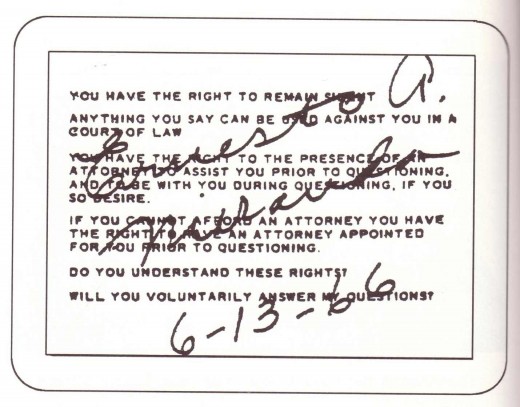
Because of the Supreme Court’s case decision in Miranda v. Arizona (384 U.S. 436) of 1966, is that we enjoy certain privileges if one of us is under arrest. Ernesto A. Miranda (1941 – 1976) of the state of Arizona had been arrested and convicted of kidnapping and rape. The detectives that interrogated him supposedly obtained a coerced and written signed confession. Miranda did not have an attorney present and was not aware that anything said was going to be used for his own conviction. It was apparent that Miranda was not aware of his right as protected by the Fifth Amendment of United States Constitution to not self-incriminate. Perhaps such was based on his education of only up to the 8th grade. He subsequently appealed his sentence of 20 to 30 years in prison to the United States Supreme Court, the highest court in the land, and had them overturn it.
Chief Justice Earl Warren (1891 – 1974), writing for the majority court opinion, called for “procedural safeguards to be employed” due to the police interrogation environment being “created for no other purpose other than to subjugate the individual to the will of his examiner. ”So, the Miranda rights, or Miranda warning, were born when Chief Warren ordered police across the nation to warn a person that:
· he, or she “has a right to remain silent,”
· “that any statement… may be used as evidence against him”,
· “has a right to the presence of an attorney, either retained or appointed.”
· “The defendant may waive effectuation of these rights, provided the waiver is made voluntarily, knowingly and intelligently.”
· “The mere fact that he may have answered some questions or volunteered some statements on his own does not deprive him of the right to refrain from answering any further inquiries until he has consulted with an attorney and thereafter consents to be questioned.”
Different law enforcement agencies throughout the nation now use slight variations of the Miranda rights.According to Criminal Justice in Action authors Larry K. Gaines and Roger LeRoy Miller, there have been rippling-effect Supreme Court cases that have challenged and threatened the safety and protection that such prior court ruling had provided for all us. The following are seven cases that demeaning the Miranda rights:
1. Rhode Island v. Innis (446 U.S. 291 [1980]) – “The Supreme Court clarified its definition of an interrogation” after the suspect was told by police that his hidden shotgun, used in the commission of a crime, possessed a threat to disabled children living nearby. He therefore confessed to the location of the weapon and the information was admitted as evidence in trial. Because this was not deemed to be an interrogation, application of the Miranda rights was unnecessary.
2. New York v. Quarles (467 U.S. 649 [1984]) – In this case, “Public-safety” was established as exception to the Miranda rule. The police officer felt an empty gun holster on the arrested suspect and asked for the location of the weapon without reading his Miranda rights. The court allowed the gun as evidence citing that the police’s need to protect the public supersedes the suspect’s rights.
3. Moran v. Burbine (475 U.S. 412 [1986]) – Here, the suspect did not know that his attorney was trying to reach him while undergoing interrogation in police custody. The court ruled that events such as this have no bearing on the person’s ability to waive his rights under the Miranda rule.
4. Illinois v. Perkins (496 U.S. 292 [1990]) – Perkins was imprisoned for drug charges unrelated to the authorities’ suspicion of him having committed murder. While in prison, he confessed to his cellmate, an undercover police officer, in detail how he murdered the victim in a bragging manner. Because of Perkins’ own admission to the crime and not being in a formal custodial interrogation, the court ruled that “Miranda does not protect suspects from their own foolishness.”
5. Arizona v. Fulminante (499 U.S. 279 [1991]) – An illegally obtained confession from a suspect can be ignored if enough submitted evidence justifies a conviction, then such would not be overturned despite a coerced interrogation.
6. Davis v. United States (512 U.S. 452 [1994]) – After stating, “Maybe I should get an attorney, during an interrogation, the police did not stop questioning. The court stated that the police do not have to try and interpret a suspect’s guess for legal advice unless he “unequivocally and assertively” states “his right to counsel in order to stop police questioning.”
7. Texas v. Cobb (532 U.S. 162 [2001]) – The court decided that, although a police officer has to stop questioning of a suspect after he has chosen to keep his Miranda rights until the arrival of legal counsel, the police can ask questions of the suspects of another offense which could still be closely related.
It is a fact that Supreme Court rulings become case law for future major legal issues and how they affect the laws after those landmark decisions are made. Therefore, a well-informed population on criminal law will be better equipped against encroachments of our civil liberties.


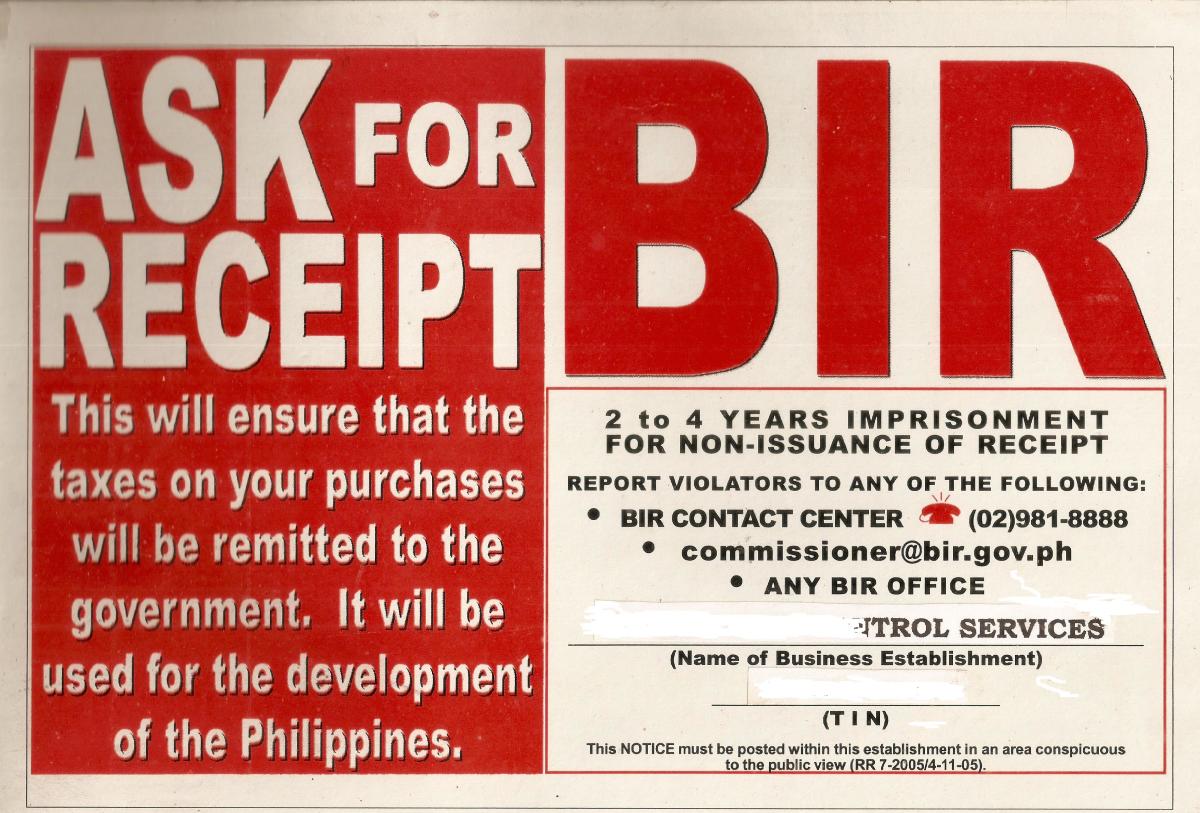
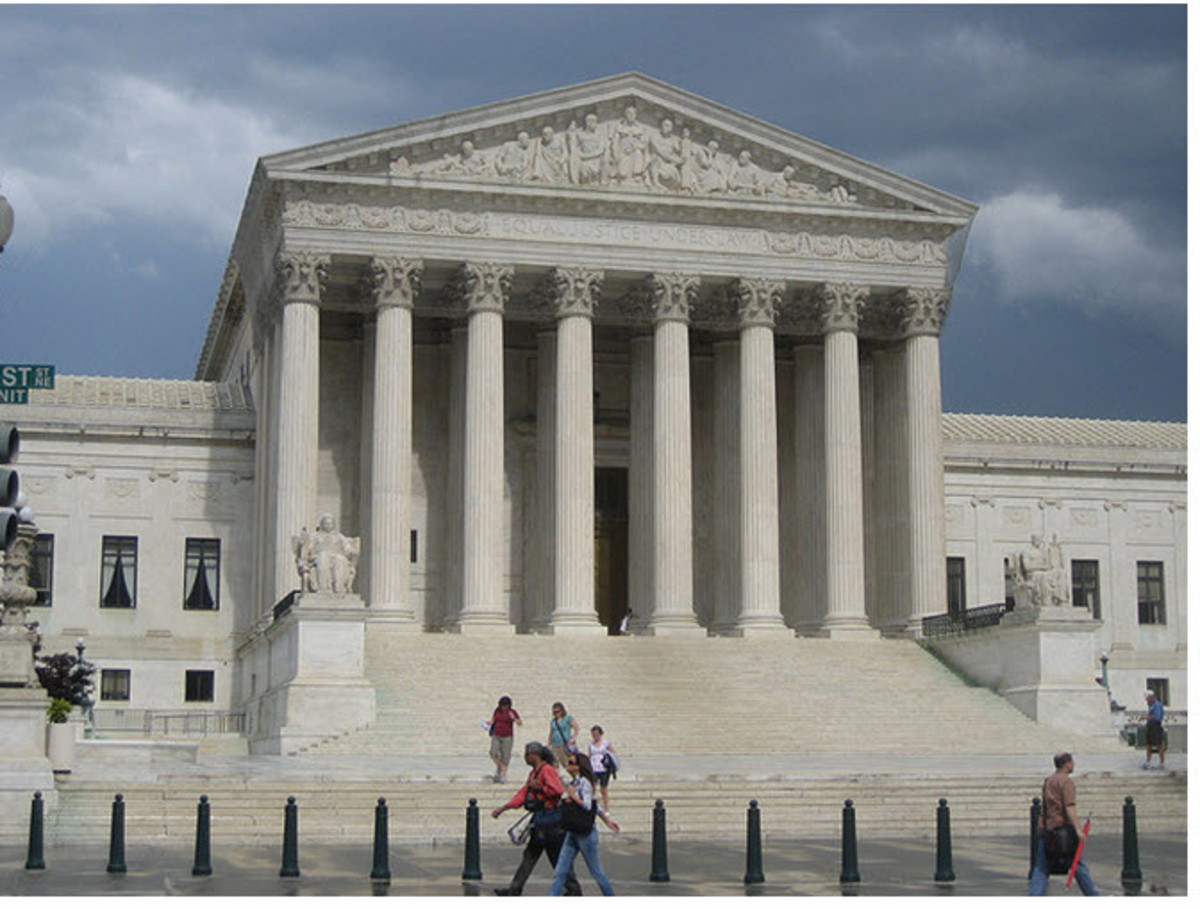
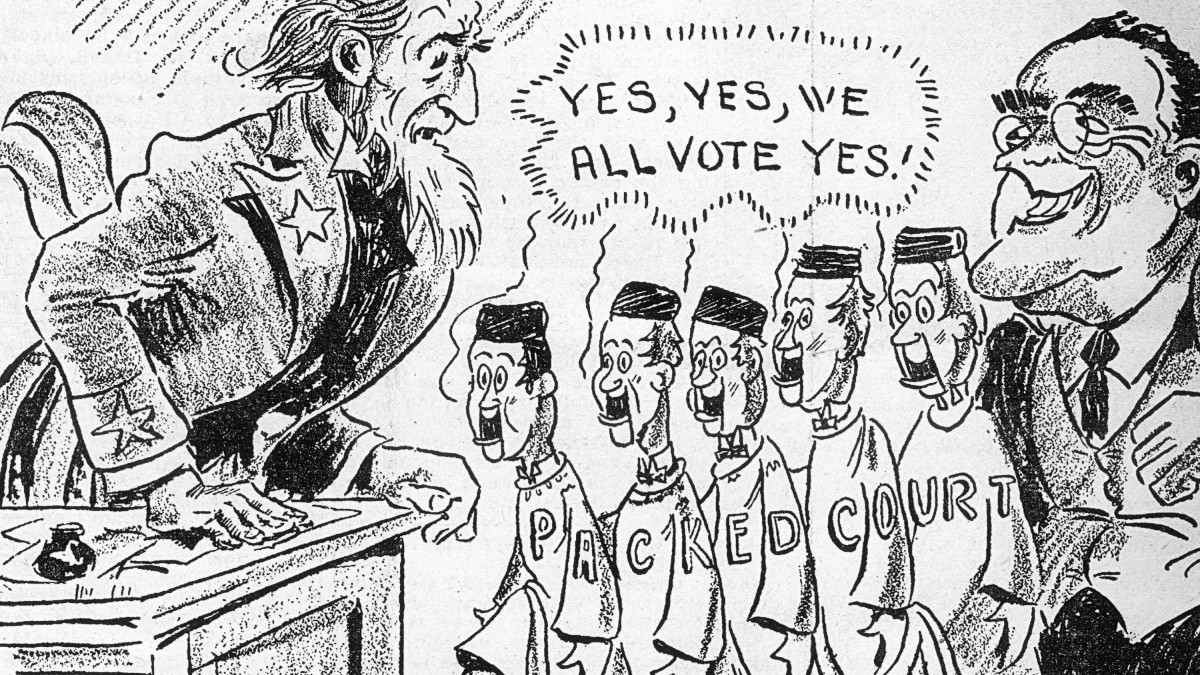

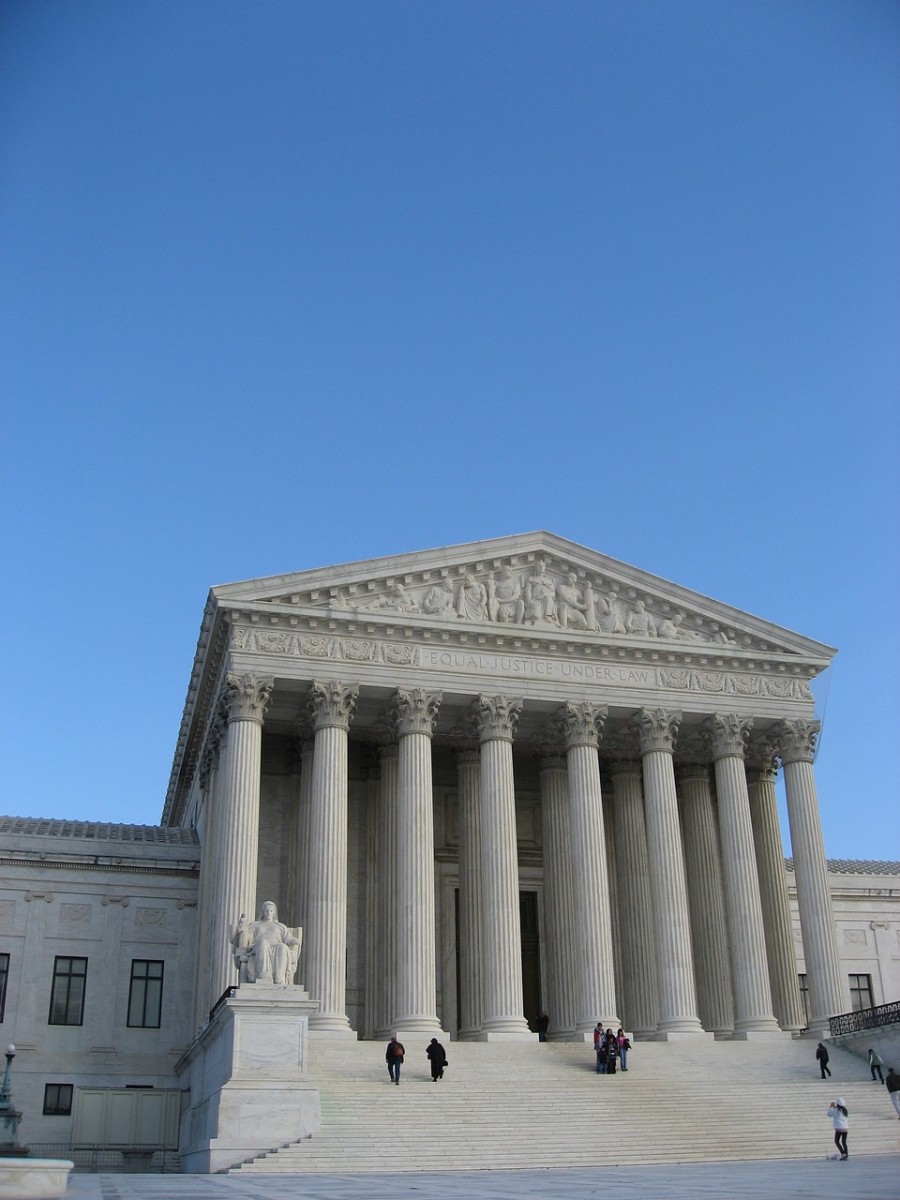
![Gun Rights: Not All Firearms Are Constitutionally Protected As Some Would Have You Believe. [278*3]](https://usercontent2.hubstatic.com/12935107_f120.jpg)
